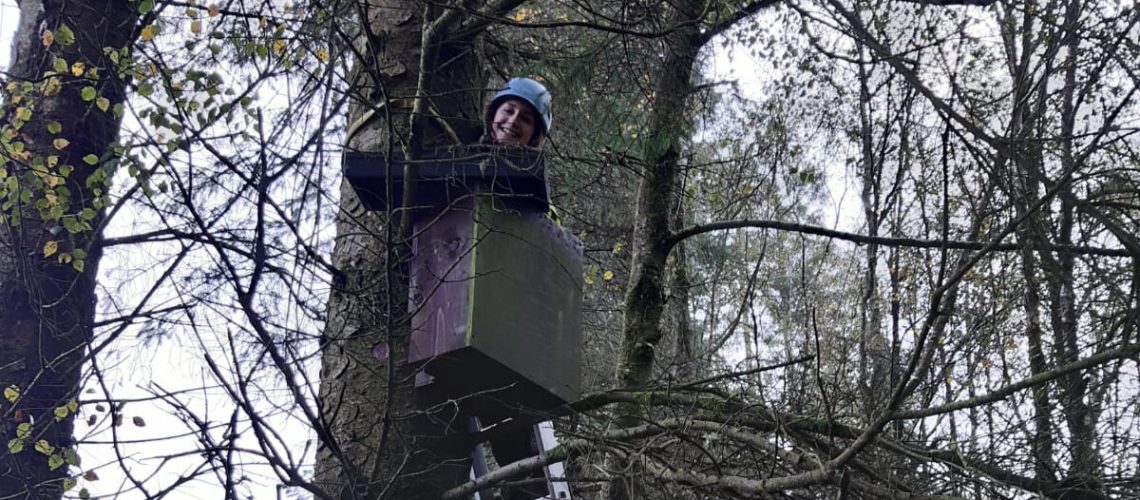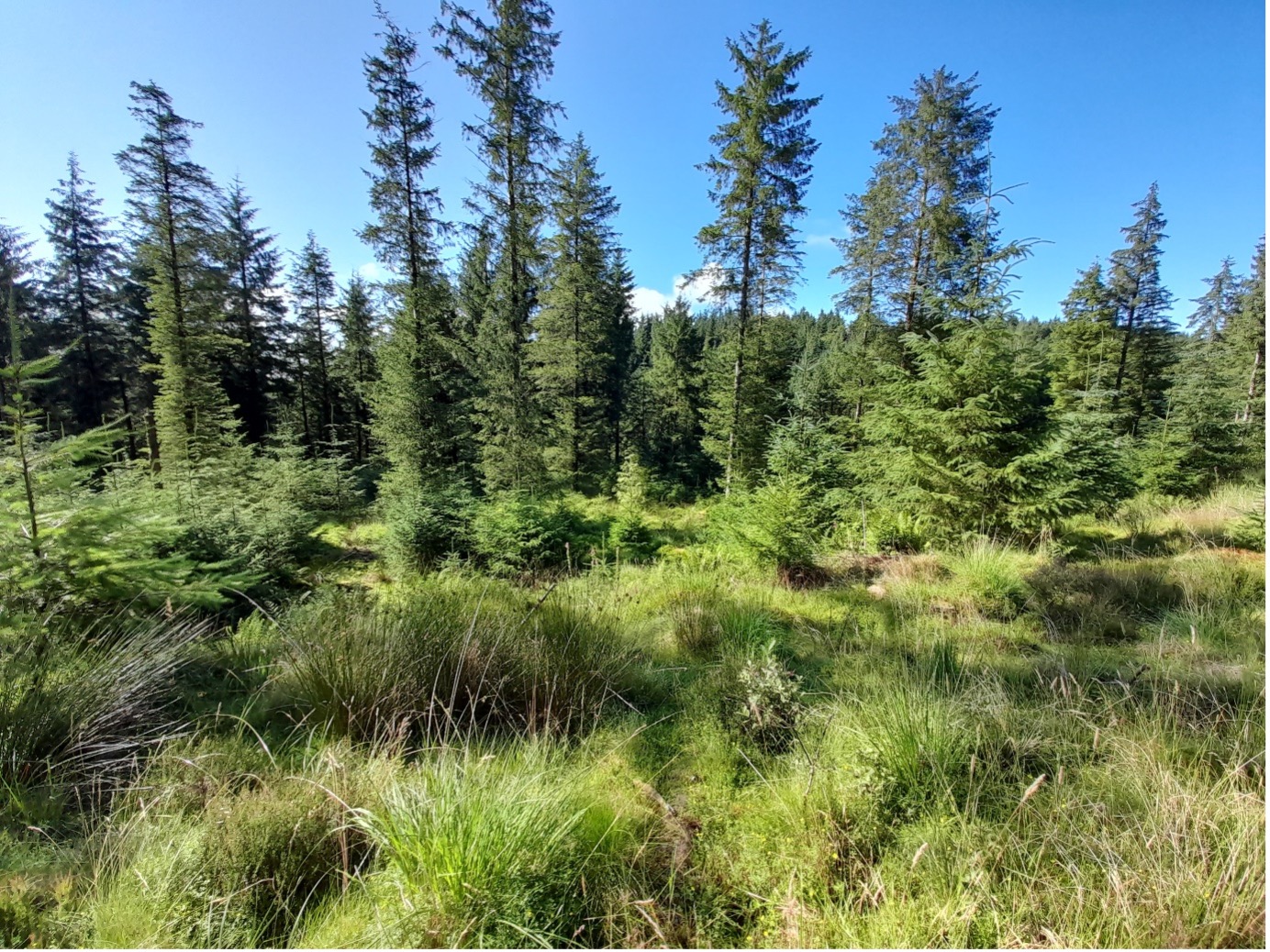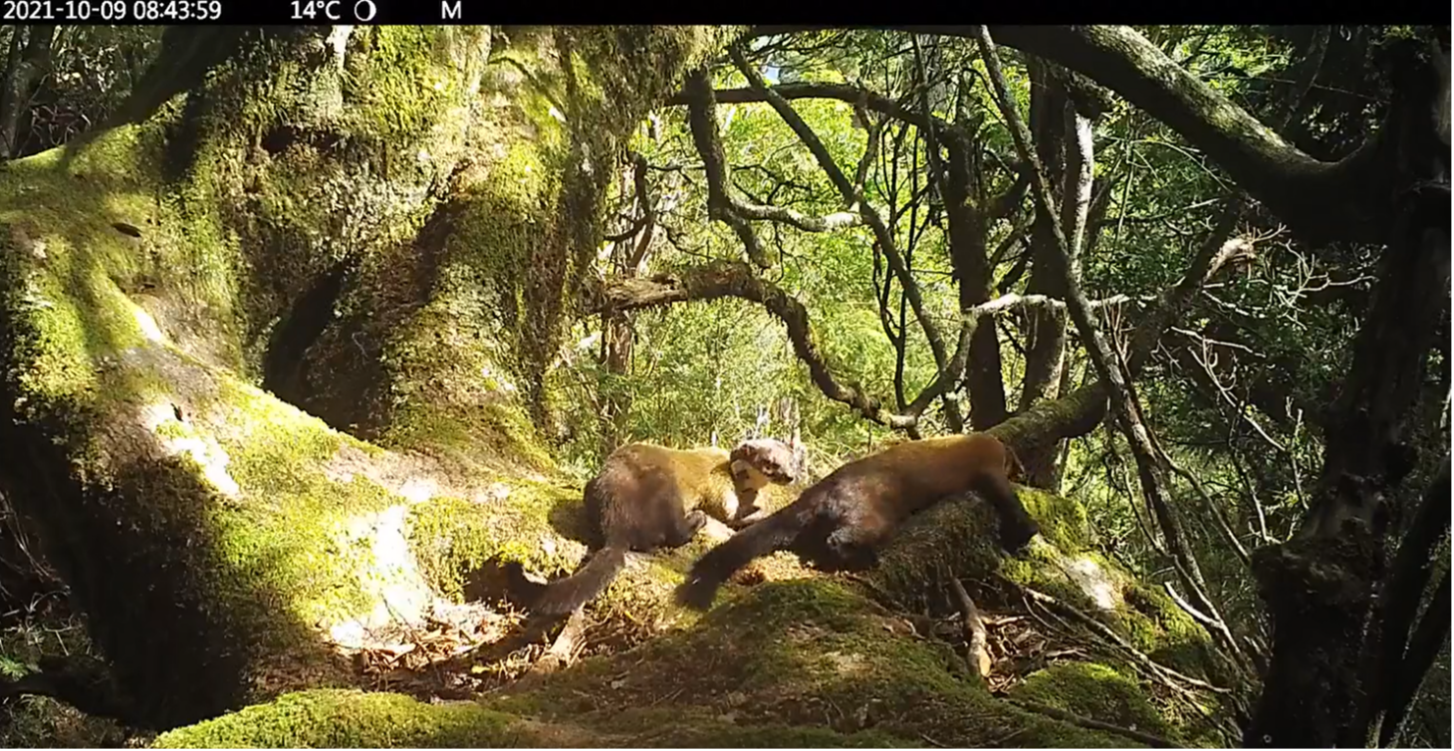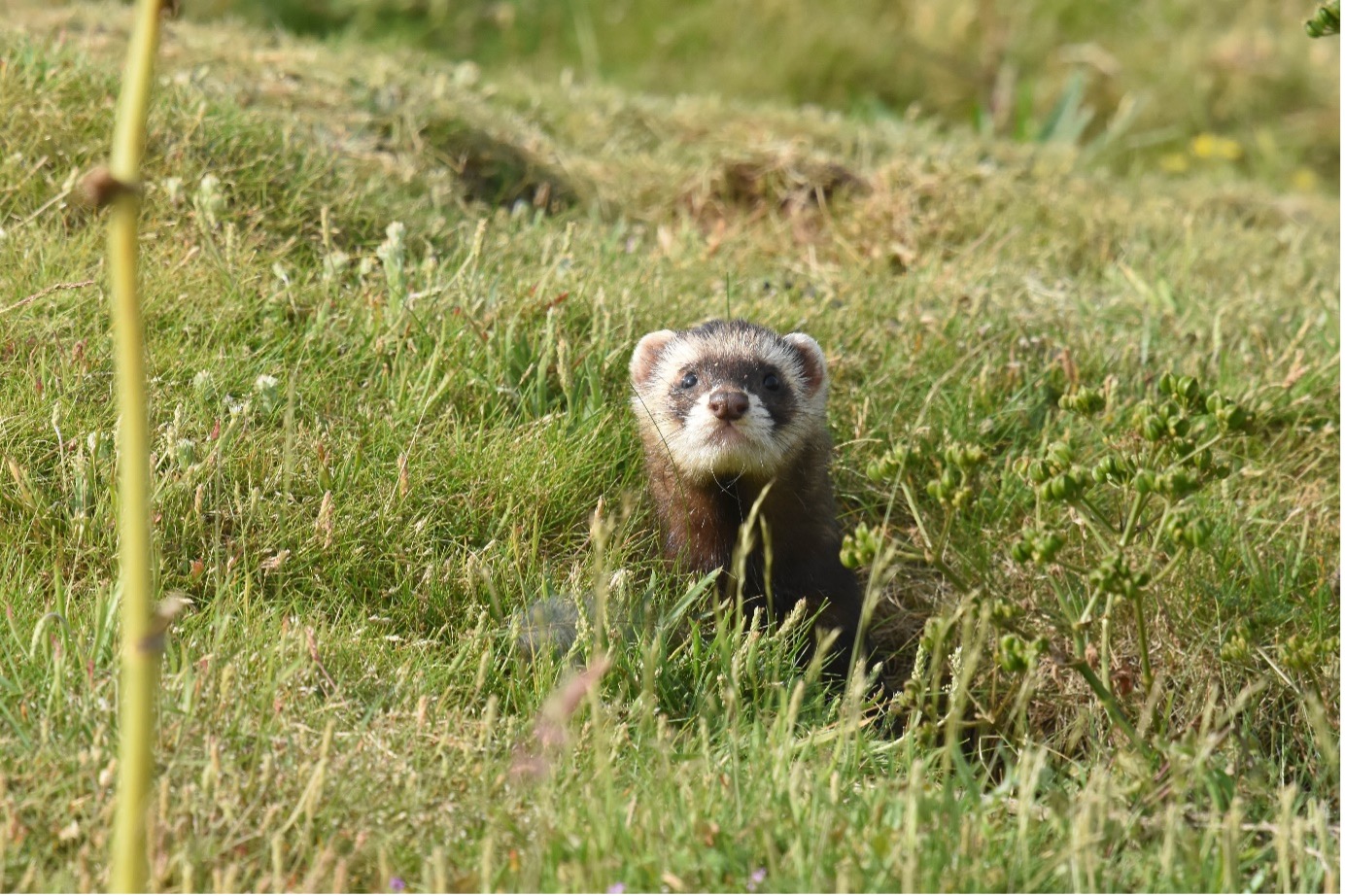
Katherine Morley, Carnivore Conservation Officer, shares an account of her first four months with Vincent Wildlife Trust.
Why did you want to work for VWT?
At a time where almost one in six species in Britain is threatened with extinction, I was feeling a pull back towards working for a charitable organisation and making a positive impact for wildlife. VWT is an organisation that has these impacts and is also unique; it uses current scientific evidence to make its decisions and all its actions are led by this. It also works with mammal species that can be considered challenging; carnivores and bats can often come into conflict with humans.
What have you been up to in the first four months at VWT?
Since joining VWT in mid-June, I have already worked on a wide range of projects during a very busy time for the Trust with new projects coming online and the team growing. I have been helping to run the Irish Stoat Survey, manage our enquiries and pine marten records, support our Communications Team and input into a huge, exciting project that will benefit pine martens as their populations recover and expand. I’ve also enjoyed getting out into the field and undertaking trail camera fieldwork in Wales and pine marten den box monitoring in Galloway Forest.

I have enjoyed a couple of weeks of trail camera fieldwork in Wales, which aims to collect data on meso-carnivores (animals whose diet consists mostly of meat but also consume seasonally available fruits, invertebrates, fungi, etc). ©Katherine Morley
A highlight for me has been the recent 8th International Martes Symposium. When I joined VWT, I was launched into the Organising Committee for the Symposium, which took place in Aviemore, Scotland, in September. The event was a real success and a great opportunity to bond with my new colleagues, meet new people and, of course, learn about the diversity of species in the Martes complex. The Symposium brought together conservationists from all over the globe, and it really felt like a privilege being part of that passionate and very friendly community. It was also very sobering at times — especially hearing about relentless and unjust hunting and trapping pressures on some species. To me personally, it made me reflect on the comparative lack of carnivores in our British countryside and the pressures that they face as predators — with public perception being a big one. The ecosystem is just that, a complex system, and it is so important to protect and support all parts of it so that nature (and us in turn) can thrive.

A still from trail camera footage of yellow-throated marten Martes flavigula scent marking in Yushan National Park, Taiwan. Conversely to our European pine marten, yellow-throated martens are very sociable and research found that unrelated males hunted together, and showed fidelity to their hunting partners. ©Chia-Heng Chung and Formosan Wild Sound Conservation Science Centre
Which project are you most looking forward to working on next year?
That is a very tricky question as 2024 is going to be an exciting year with more fieldwork and projects taking off — I am looking forward to supporting all of them!
I am currently planning for the National Polecat Survey 2024-2025, which is a VWT-led survey that takes place once every ten years and is hugely important in gathering data on polecat distribution. The polecat is a perhaps an under-appreciated native mustelid, that was once widespread throughout Britain but suffered severe declines during the 19th Century, eventually becoming nearly extinct — except for a small population that clung on in mid-Wales. The population has since been naturally recovering and expanding (I love when nature makes a comeback!) and VWT has been following this recovery with these national surveys….so, I am really looking forward to getting stuck into the survey early on in 2024. Our aim is to collect sightings of polecats from across Wales, England and Scotland, and to build up a collection of hair and whisker samples for future genomic and dietary research.

Polecat ©WC Moss Taylor
The National Polecat Survey will run from early 2024 to the end of 2025. Look out for more information on our website and social media!
Finally, I will also be organising the next European Mustelid Colloquium, with current plans to hold it in Romania in September/October 2024. Being part of the Organising Committee for the Martes Symposium was invaluable experience and I can pull from this experience and some of the feedback we got.
Watch this space!